--------- How to Move to the Netherlands: Step-by-Step Guide
Feb 3, 2025
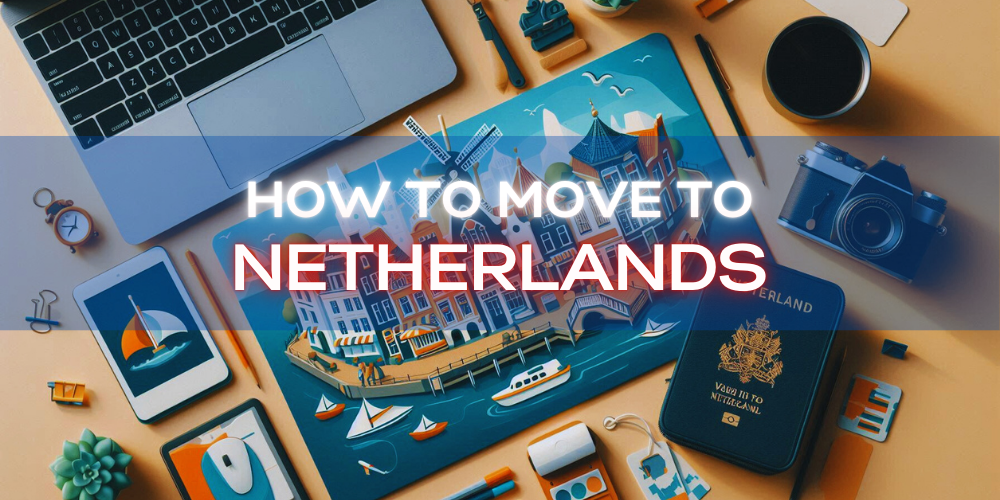
Whether you’re drawn to its thriving job market, world-class education system, or high quality of life, moving to the Netherlands is an exciting but complex process. The country is known for its bicycle-friendly cities, efficient public transport, and strong work-life balance, making it an attractive place to settle.
But relocating isn’t as simple as booking a one-way ticket and hoping for the best. From securing the right visa to finding a place to live and understanding Dutch bureaucracy, there’s a lot to plan. In this step-by-step guide, I’ll walk you through everything you need to know to move to the Netherlands hassle-free.
Step 1: Determine Your Visa and Residency Requirements
Your first step is figuring out the right visa for your situation. The Netherlands has different residence permits depending on whether you’re moving for work, study, family, or investment.
1. Moving for Work: Employment Visa (Highly Skilled Migrant or Work Permit)
If you have a job offer from a Dutch company, you’ll need a residence permit for work. There are several visa options:
- Highly Skilled Migrant Visa: For professionals earning above a certain salary threshold (varies based on age and profession).
- Work Permit (GVVA): Employers must apply for this on your behalf.
- EU Blue Card: For highly skilled workers with a higher salary and a recognized degree.
💡 Pro Tip: Check if your employer is a "recognized sponsor" with the Immigration and Naturalisation Service (IND)—this can speed up processing.
2. Moving for Study: Student Visa
If you’re enrolling in a Dutch university or higher education institution, you’ll need a student visa (MVV and residence permit).
- Your university usually applies for the visa on your behalf.
- You must prove you have enough funds to support yourself (€957 per month as of 2024).
3. Moving for Family Reasons
- If you’re joining a spouse or partner in the Netherlands, they must be your sponsor.
- You’ll need to pass a basic Dutch language test (civic integration exam) if your partner is Dutch.
4. Moving as an Entrepreneur or Freelancer
- The self-employed visa is available if your business is innovative and contributes to the Dutch economy.
- Freelancers can apply under the DAFT visa (Dutch-American Friendship Treaty) if they’re U.S. citizens.
📌 Where to Apply:
- Visa applications are processed through the Dutch embassy or consulate in your home country.
- Residence permits are handled by the IND (www.ind.nl).
⏳ Processing Time: 2–6 months depending on visa type.
Step 2: Find a Place to Live
1. Renting vs. Buying
The Dutch housing market is competitive, especially in cities like Amsterdam, Utrecht, and Rotterdam. Most expats start by renting.
Where to Look for Rentals:
- Funda.nl (the biggest Dutch housing site)
- Pararius.com (expat-friendly)
- Kamernet.nl (great for shared housing)
💡 Pro Tip: Housing scams exist! If a landlord asks for full payment before a contract is signed—walk away.
2. Cost of Living & Rent Prices
- Amsterdam: €1,500–€2,500/month (one-bedroom)
- Rotterdam: €1,200–€1,800/month
- Utrecht: €1,200–€2,000/month
🔹 Registration at the Municipality (BSN Number)
Once you move in, you must register your address with the local Gemeente (municipality). This gives you a BSN (Burgerservicenummer)—your essential Dutch social security and tax number.
📌 Required Documents:
- Rental contract
- Valid ID or passport
- Visa/residence permit
⏳ Processing Time: 1–4 weeks.
Step 3: Open a Dutch Bank Account
A Dutch bank account is essential for daily life—you’ll need it for rent, utilities, and your salary.
Best Banks for Expats:
- ING – Easy online banking.
- ABN AMRO – English-language services.
- Bunq/N26/Revolut – Online banks with no physical branches.
📌 What You Need to Open an Account:
- BSN number
- Dutch address
- Valid passport/residence permit
💡 Pro Tip: Some banks let you open an account before getting a BSN—ask about expat banking services.
Step 4: Get Health Insurance (Mandatory!)
1. Dutch Health Insurance Requirement
- Once you receive a BSN number, you have 4 months to get Dutch health insurance (Zorgverzekering).
- Without it, you may be fined!
2. How to Choose a Health Insurance Provider
- Basic coverage (basisverzekering) starts at €130/month.
- Top insurers: Zilveren Kruis, VGZ, Menzis, CZ.
- Compare plans on Independer.nl.
💡 Pro Tip: If your income is low, you may qualify for a healthcare allowance (zorgtoeslag) to cover part of the cost.
Step 5: Get a Job (If You Haven’t Already)
1. Best Job Websites in the Netherlands
- LinkedIn.nl
- Undutchables.nl (for English-speaking jobs)
- Indeed.nl
- Glassdoor.nl
2. Dutch Work Culture
- The Netherlands has a strong work-life balance (expect 32–40 hours a week).
- English is widely spoken, but learning basic Dutch can give you an edge.
Step 6: Learn Dutch (Even if You Don’t Need It!)
While most Dutch people speak fluent English, knowing some Dutch will help in daily life.
📌 Best Ways to Learn Dutch:
- Free Dutch classes: Gemeente offers integration courses.
- Apps: Duolingo, Babbel, or Mondly.
- Language exchange meetups: Find groups on Meetup.com.
Step 7: Transportation – Get a Bike & Public Transport Card
- Public Transport: Get an OV-chipkaart for trains, trams, and buses.
- Biking: The Netherlands has more bikes than people—cycling is the fastest way to get around.
🚲 Where to Buy a Bike:
- Facebook Marketplace
- Swapfiets (bike rental subscription)
- Marktplaats (Dutch Craigslist)
💡 Pro Tip: Lock your bike properly—bike theft is common in Dutch cities!
Step 8: Taxes, Utilities, and Cost of Living
1. Taxes
- Income tax: 30–49%, but expats may qualify for the 30% ruling tax benefit.
- Property tax, road tax, and VAT (21%) apply.
2. Utilities
- Electricity + Gas: €150/month
- Internet: €40–€60/month
💡 Pro Tip: Use comparison sites like Pricewise.nl to find the best utility deals.
Final Thoughts: Ready to Move?
Moving to the Netherlands is a life-changing decision, and while the process has a lot of steps, it’s worth the effort. With a booming economy, excellent healthcare, and a welcoming international community, the Netherlands is one of the best places to live in Europe.
Take it one step at a time—secure your visa, find a place to live, register with the municipality, and embrace Dutch culture. Before you know it, you’ll be cycling to work, sipping Dutch coffee, and calling the Netherlands home.
🚀 Are you ready to make the move? Start planning today and experience everything the Netherlands has to offer!
Recent Articles
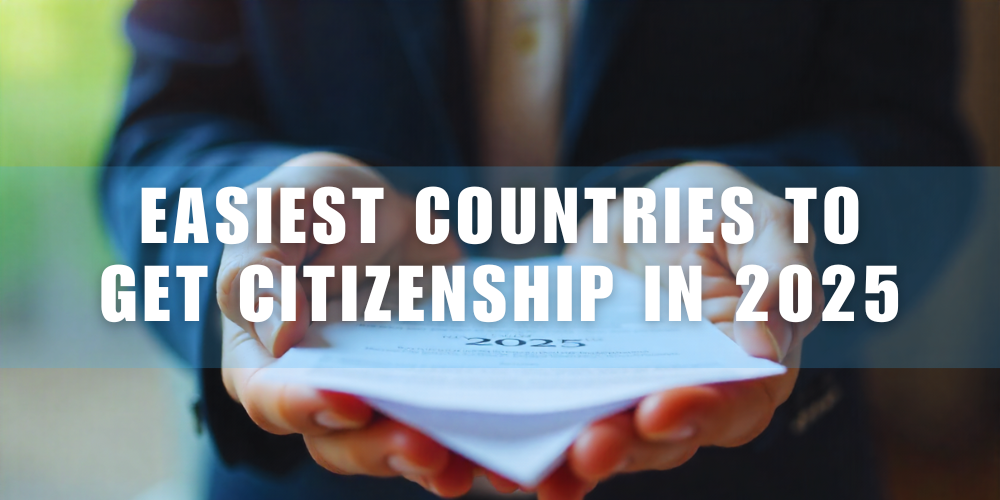
The Easiest Countries to Get Citizenship in 2025: Fast Tracks, Smart Moves, and Hidden Shortcuts
In 2025, the idea of belonging to just one nation feels almost quaint. As the world continues to shr
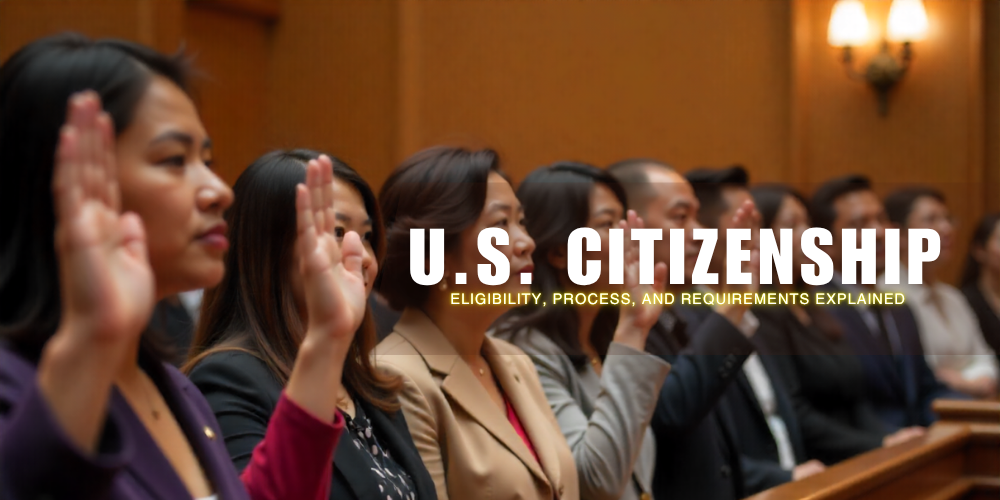
U.S. Citizenship Made Simple: Eligibility, Process, and Requirements Explained
For many, U.S. citizenship is more than just a passport—it’s a gateway to stability, opportunity
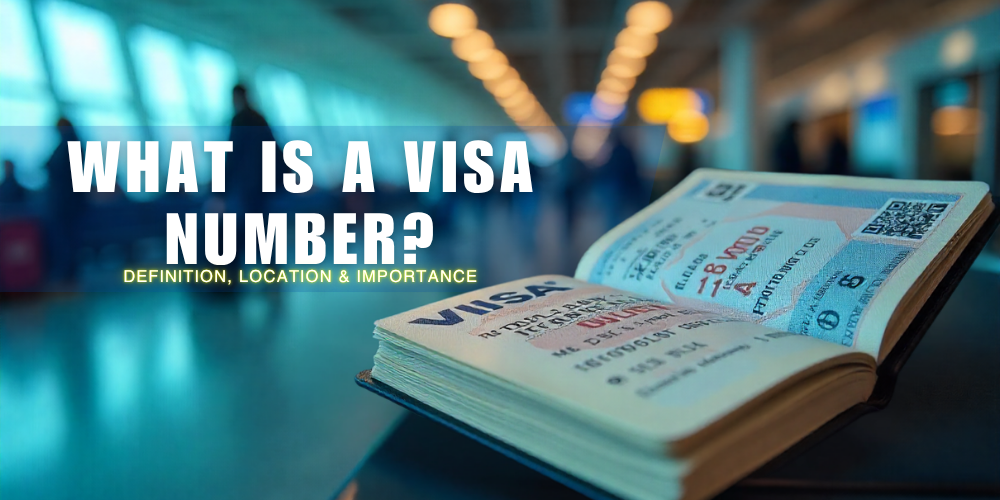
What Is a Visa Number? Definition, Location & Importance
Look closely at your U.S. visa and you’ll notice a small red number tucked away in the corner. Eas
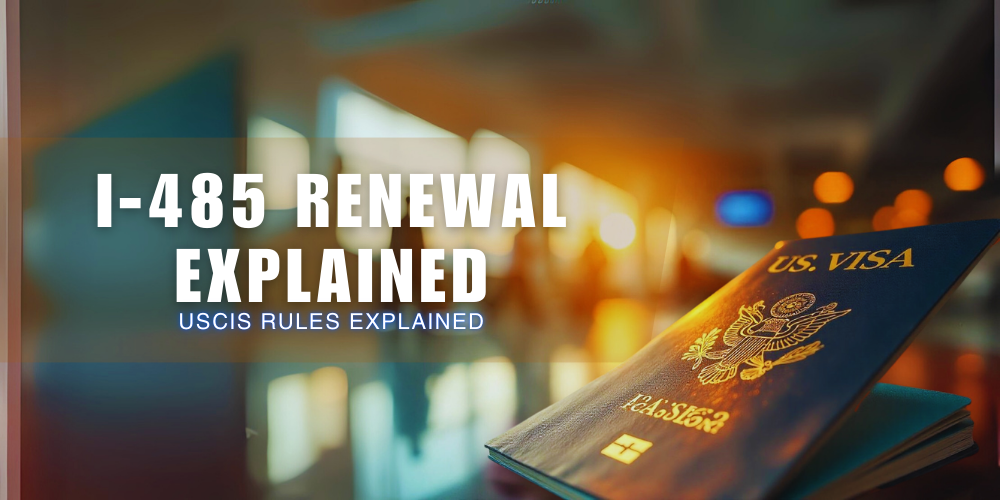
I-485 Renewal Explained: Why You Can’t Renew Form I-485 (and What to Do Instead)
When it comes to U.S. immigration paperwork, few forms spark as much confusion as the I-485. A commo

How Long Does an H-1B Extension Take in 2025? Processing Times Explained
For thousands of skilled professionals in the United States, the H-1B visa isn’t just a work permi
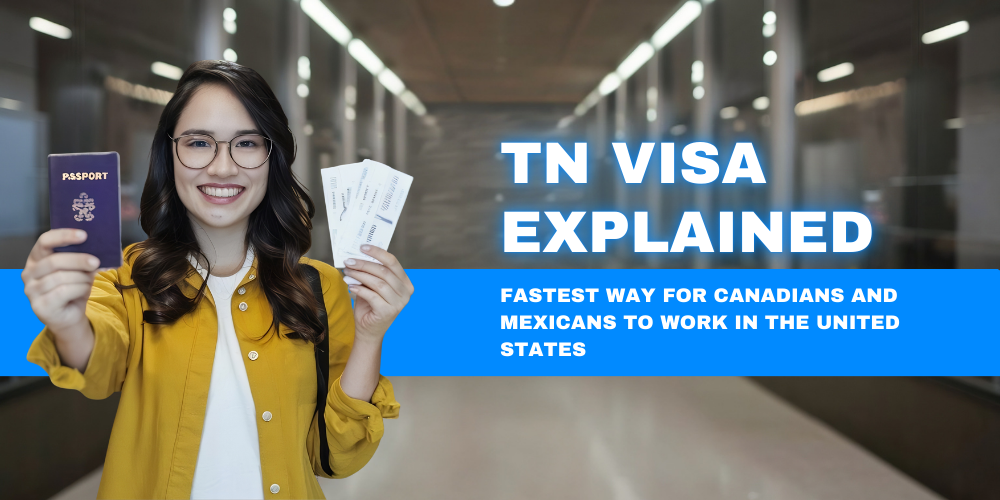
TN Visa Explained: Fastest Way for Canadians and Mexicans to Work in the United States
For professionals in Canada and Mexico, the United States has long represented more than just a neig
Read More

The Easiest Countries to Get Citizenship in 2025: Fast Tracks, Smart Moves, and Hidden Shortcuts

U.S. Citizenship Made Simple: Eligibility, Process, and Requirements Explained

What Is a Visa Number? Definition, Location & Importance

I-485 Renewal Explained: Why You Can’t Renew Form I-485 (and What to Do Instead)

How Long Does an H-1B Extension Take in 2025? Processing Times Explained

TN Visa Explained: Fastest Way for Canadians and Mexicans to Work in the United States

Welcome to the VisaTravel blog. We know that navigating the maze of visa applications and online forms can be as tricky as choosing the perfect travel playlist (which is all we want you worrying about anyway).
Throughout our years of experience, though, we’ve uncovered a mountain of knowledge which, via this blog, we’re sharing with you! Whether you're diving into the world of travel visas, wondering about the ESTA online hustle, or just trying to figure out the DS160 form, think of us as your online concierge, here to make the process easy and most of all, clear.
At this point in our global context, who has time for endless paperwork and confusing legal jargon? No one. That's why we're all about spilling the tea on online visa hacks, easier-to-work-with DS160 forms, and giving you tips on everything from tourist visas to immigration, to that last-minute ESTA online adventure.
So, just plug in a word you’re curious about on the search bar, and boom. We've got the tips, tricks, and insider info to help you (and anyone else you may be traveling with) get to your travel destination with the confidence of a seasoned traveler.
Now go explore!
 U.S. Visa
U.S. Visa
 Canada eTA
Canada eTA
 Schengen Visa
Schengen Visa
 New Zealand eTA
New Zealand eTA
 United Kingdom eTA
United Kingdom eTA
 Australia eVisitor
Australia eVisitor
 Vietnam eVisa
Vietnam eVisa
 Egypt eVisa
Egypt eVisa
 Singapore Arrival Card
Singapore Arrival Card
 Sri Lanka eVisa
Sri Lanka eVisa




